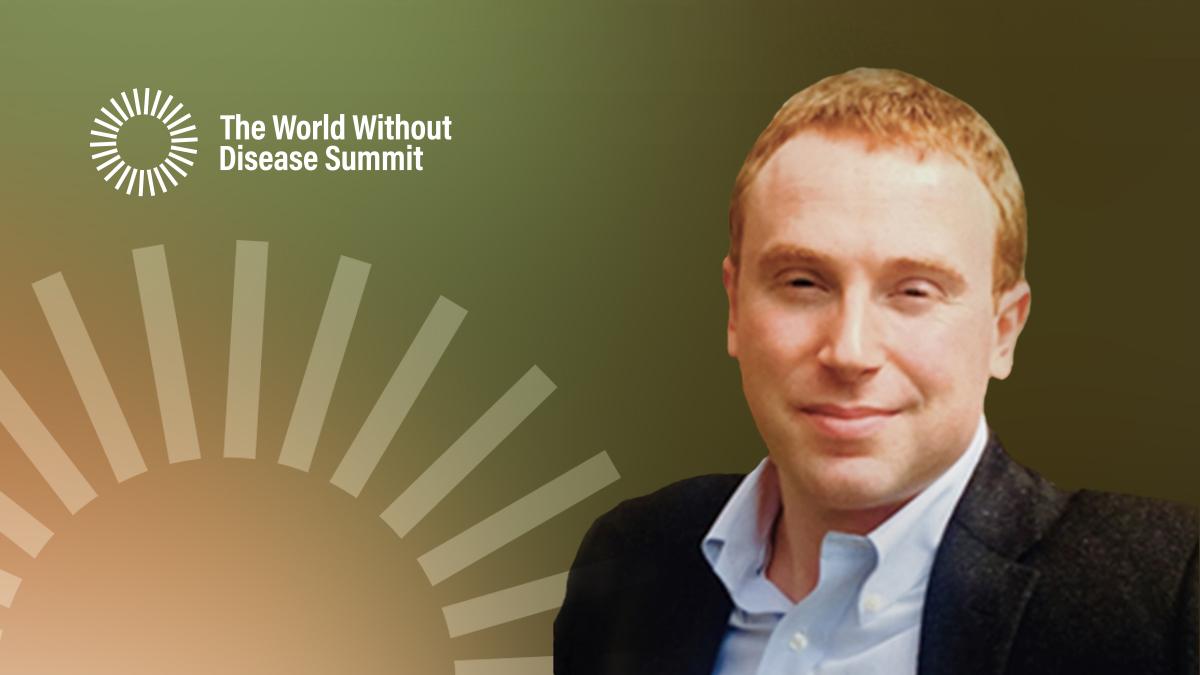Path to world without disease involves disruptive innovation

Josh Suskewicz
The World Without Disease Summit on June 21st in London is about disease interception – focusing not only on treatment but on things like screening, prevention, and lifestyle modification to stop diseases before they start.
It’s not a new idea, but it’s a hard idea to actualise in our current healthcare system. And to understand why, we can turn to the ideas of the late Harvard Business School Professor Clay Christensen, who coined the term “disruptive innovation”, referring to innovation paradigms that create new markets and new value networks and ecosystems.
“The disease interception paradigm that's at the heart of the World Without Disease concept is inherently disruptive,” Josh Suskewicz, a partner at Innosight, the consulting firm founded by Christensen, and a speaker at next month’s Summit. “It's not about incremental improvement; it's about redoing the system to create something new and different and better.”
Suskewicz has advised companies for nearly two decades on how to “apply the theoretical lens of disruption” to ideas about changing healthcare for the better.
“To simplify, the healthcare system as we have long known it has been oriented to a “break/fix” paradigm – something goes wrong, we try to diagnose it, and then if we’re lucky we’re able to treat it.” he said. “The idea of disease interception is that with the miraculous advances in life science understanding in recent years and all the healthcare data and personalised information we have, we'll increasingly be able to understand, and then predict and pre-empt the risks that we all have around developing disease. … And if you could do that, well, then that leads to very different kinds of health care solutions.”
Suskewicz will present toward the end of the day and share a framework to help the healthcare innovators in the room put their ideas into action.
“I'll talk about what we mean by a disruptive shift, how other industries have evolved with new ideas that caused significant change, and will then leave participants with a couple of simple ideas to focus on how to move their programs forward,” he said.
One example that will be discussed at the event is Type 1 diabetes, a chronic illness that causes lifelong challenges for patients and that is very expensive to treat – but that can potentially be intercepted with screening and early interception (something that ProventionBio CSO and Cofounder Franciso Leon will discuss in more detail at the Summit).
But from the perspective of a pharma company, the idea of treating a group of potential patients who are hard to find in today’s health systems and who don’t yet have symptomatic disease rather than a well-defined existing patient pool can turn them off from taking a risk and making that investment.
“That’s the classic disruptive dynamic where an incumbent operating within an existing frame sees a disruptive development and can dismiss it as too challenging, too risky, too small, too unlikely, and then just continue to focus on what they always do,” Suskewicz says.
How can innovators overcome that sort of conservatism and status quo bias? That’s what Suskewicz will be laying out. One aspect of the framework is to align stakeholders that stand to benefit from the shift and leverage their collective power.
“Part of what we've worked on over the years is you actually have to create a coalition across payers, providers, consumers, and then the manufacturers who develop and produce the products to enable a new ecosystem to emerge,” Suskewicz said.
You can register for The World Without Disease Summit, held June 21 at the Royal Society of Medicine in London, here.














